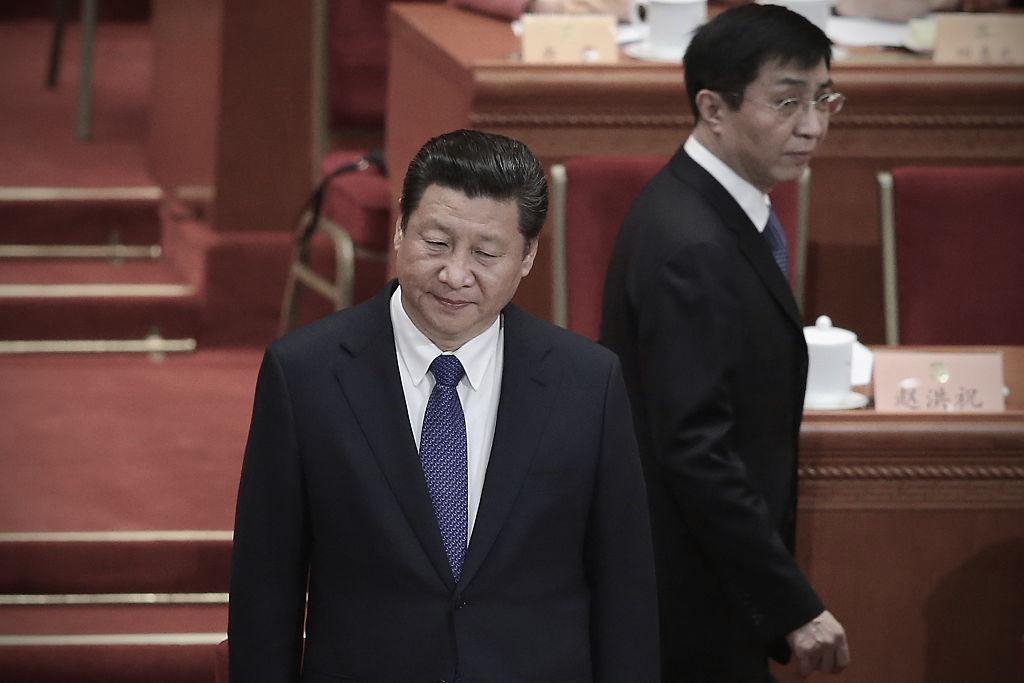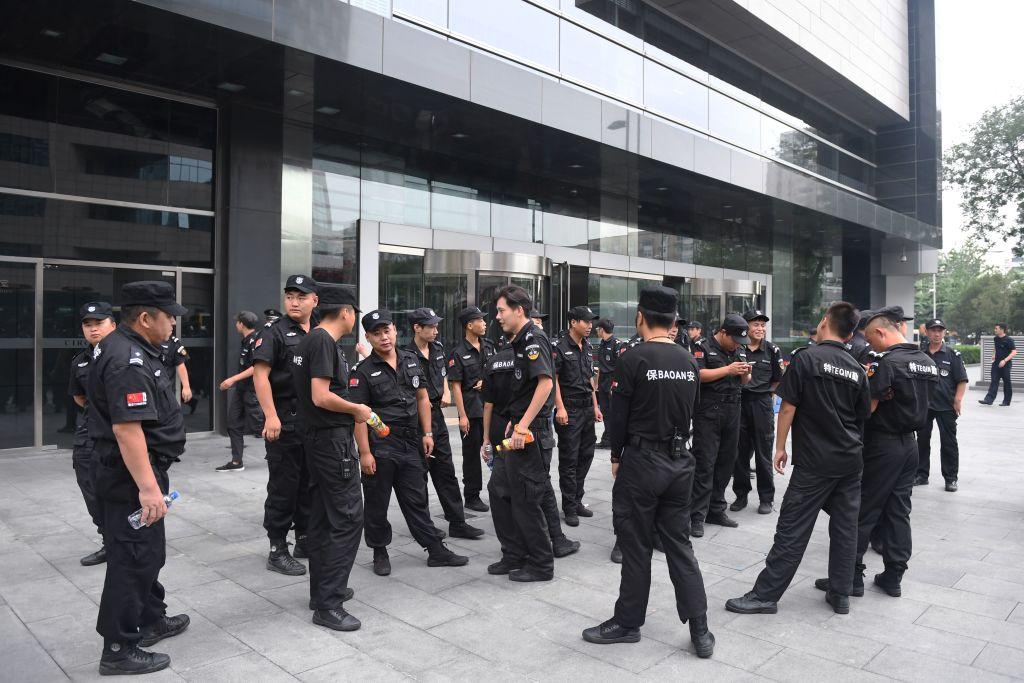The sales volume of ‘Made in China’ BeiDou chips has exceeded 100 million and related products have been exported to more than 120 countries and regions, according to China’s official report, which also said BeiDou’s role in countering U.S. rival GPS, as well as its significance for China’s national defense strategy, is “beyond description.”
According to Chinese portal site Sina Finance, Chinese satellite navigation system BeiDou No. 1, started in 1994, has formed a chain of industrial development. BeiDou-related products are now providing services to hundreds of millions of users.





